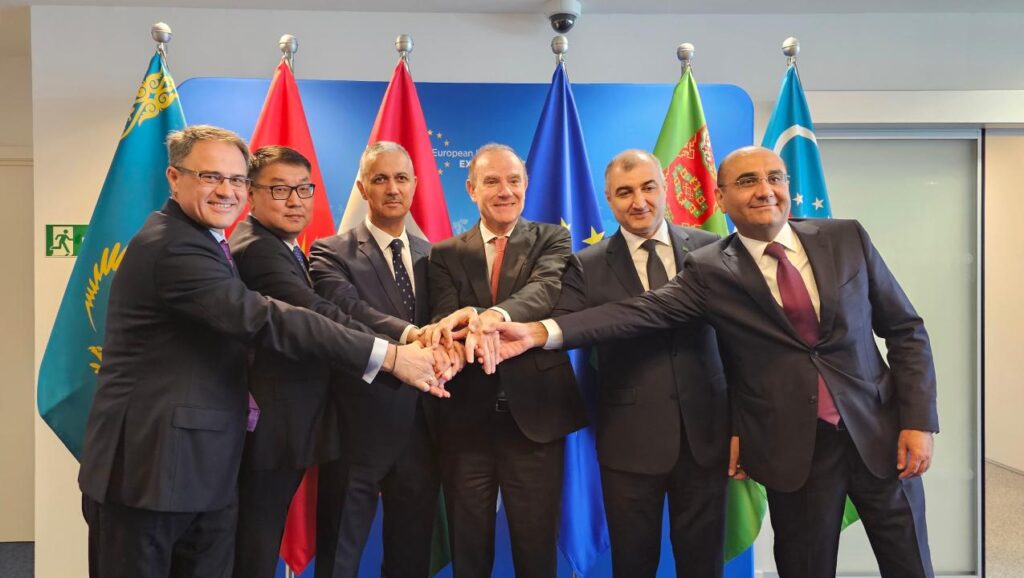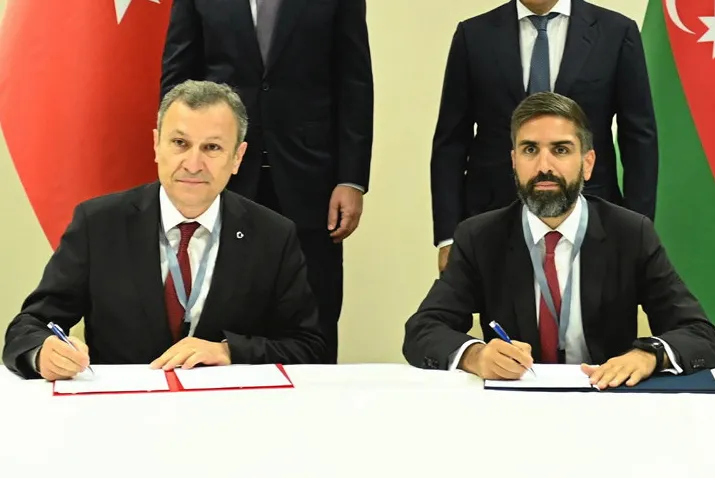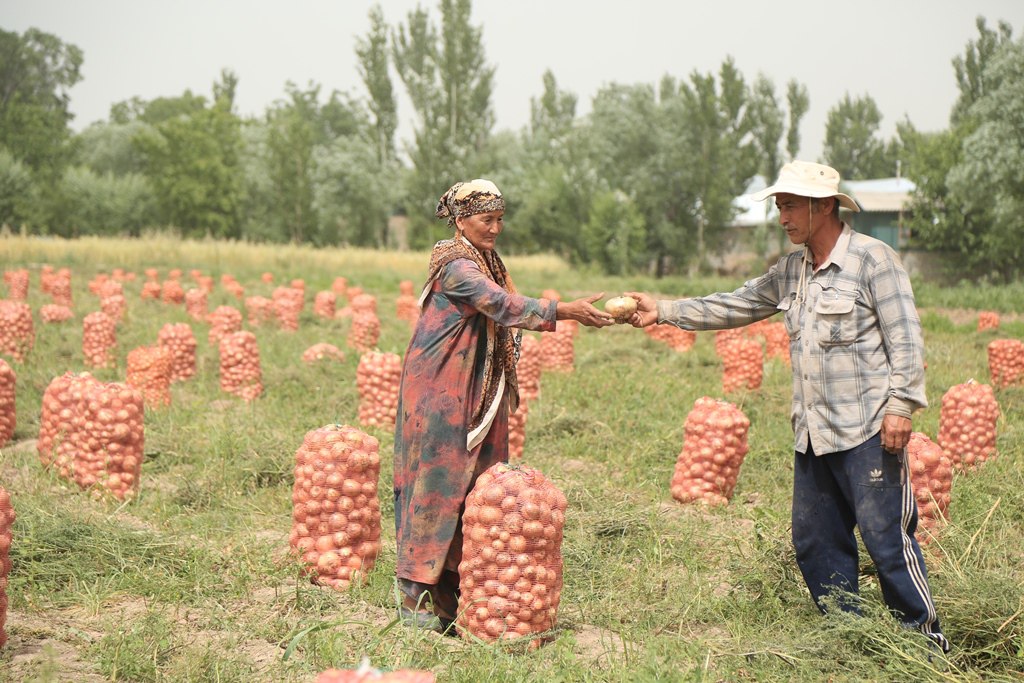Central Asia – EU Political and Security Cooperation
On June 5, Brussels hosted the 11th round of the annual High-Level Political and Security Dialogue between the European Union and Central Asia. Chaired by Enrique Mora, Deputy Secretary-General for Political Affairs of the European External Action Service, the meeting was attended by Deputy Ministers of Foreign Affairs of Kazakhstan, the Kyrgyz Republic, Tajikistan, Turkmenistan, and Uzbekistan. As reported by Kazakhstan’s Foreign Ministry, the agenda comprised the implementation of the Joint Roadmap for Deepening Ties between Central Asia and the EU, the dynamics of transport, trade, economic, energy and climate relations, and common security challenges regarding Afghanistan. Roman Vassilenko, Deputy Minister of Foreign Affairs of Kazakhstan, presented several initiatives relating to energy, trade and water resources management aimed at enhancing interregional cooperation with the EU. Outlining the priorities of Kazakhstan’s chairmanship of the International Fund for Saving the Aral Sea (IFAS), he highlighted a program for continuous monitoring of the basin ecosystem. To be implemented over the next three years, the initiative will provide a mechanism for long-term intraregional cooperation on the Aral issue. Vassilenko also reiterated the need for Central Asian countries to synchronize efforts in the fields of effective irrigation, the operation of water and energy facilities, and the implementation of environmental measures. The European External Action Service reported that in turn, the EU had reaffirmed its willingness to support efforts to intensify its cooperation on security with Central Asia, especially in areas concerning management of water-related challenges, energy and climate change, and connectivity. The High-Level Political and Security Dialogue was the latest conference to be held within the context of increased engagement between Central Asia and the European Union. Central Asia’s Heads of State and the President of the European Council had previously met on 27 October 2022 and 2 June 2023. At a further EU-Central Asia Ministerial meeting on 23 October 2023 in Luxembourg, the 27 EU Foreign Ministers adopted a Joint Roadmap for Deepening Ties between the EU and Central Asia with concrete actions for strengthening cooperation, most notably regarding security. The EU and Central Asian countries are now planning the first-ever EU-Central Asia Summit for later this year.






